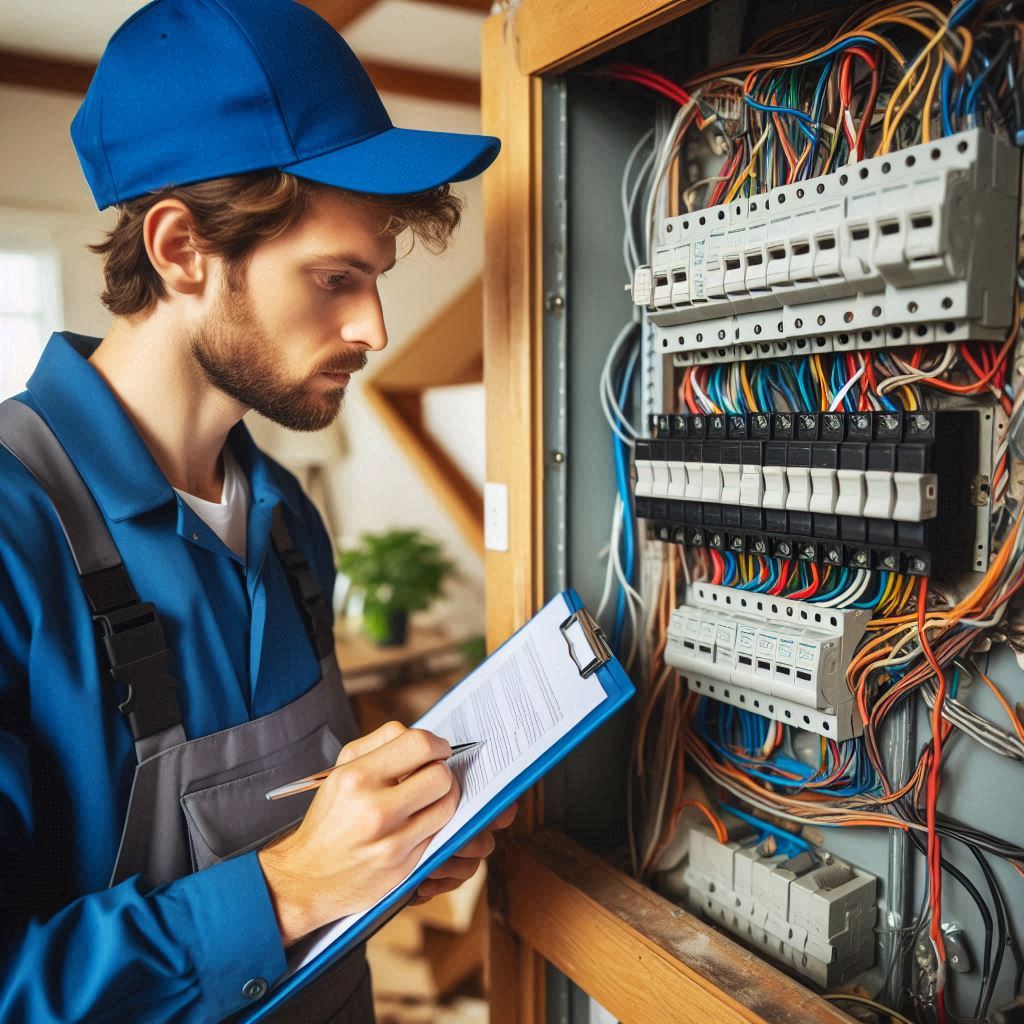Wiring Wisdom: What to Expect During an Electrical Inspection

Electrical networks are often taken for granted, silently energizing our lives daily. However, just like other critical part of our homes or enterprises, these systems require routine maintenance to ensure security and efficiency. This is where electrical reviews come into play. Understanding what an electrical inspection entails and why it is essential can help residential owners and business owners alike protect their properties and ensure a secure environment for all stakeholders.
In this article, we will explore the various facets of electrical inspections, from typical issues that may arise during these inspections to how regularly you should arrange them. We’ll discuss the crucial role these inspections play in home safety, power efficiency, and overall asset maintenance. Whether you are a recent homeowner, a experienced property owner, or managing a business location, knowing what to expect during an electrical inspection is vital. Let’s immerse ourselves in the realm of electrical inspections and reveal the insights that comes with understanding this indispensable aspect of property management.
Understanding Electrical System Evaluations

Electrical evaluations serve as a essential part of upholding the security and functionality of a property's electrical system. An electrical inspection entails a detailed evaluation of the circuits, points, fuses, and complete electrical framework. This process is targeted towards finding potential hazards, code breaches, and verifying that the system is operating efficiently. By focusing on regular inspections, homeowners can prevent unsafe situations like electrical fires and overloads.
The value of electrical inspections cannot be overstated, particularly given the increasing complexity of electrical systems in contemporary homes and establishments. Technicians not just check for compliance with current electrical codes but further examine the integrity of the system and its elements. This comprises checking for old wiring, inadequate grounding, and overloaded circuits. Extra resources help in identifying issues that could pose risks to occupants and property, ultimately contributing to a safer environment.
In addition to safety issues, electrical inspections serve a crucial role in boosting energy efficiency. An technician's findings can lead to advice for upgrades that not only comply with existing standards but additionally reduce energy consumption. This connection between electrical inspections and energy efficiency is particularly important for homeowners looking to lower utility bills and reduce their carbon footprint. Ultimately, understanding the depth and objective of electrical inspections helps reinforce their critical nature in defending both lives and investments.
Frequent Concerns and Regulations
During an electrical inspection, several common problems typically arise that can impact the protection and functionality of a residential electrical system. Worn wiring, incorrect grounding, and circuit overloads are among the usual findings. These difficulties not only pose major hazards but may also lead to violations with the National Electrical Code (NEC). Certified inspectors are skilled to identify these violations, ensuring that property owners understand the necessary remedies to maintain protection and conformity to regulations.
Furthermore frequent issue is the existence of obsolete or faulty circuit panels. Numerous vintage homes frequently have fuse panels or panels that are not suitable to support modern electrical loads. This deficiency can lead to heat-related issues and potential fire hazards. Adherence with current electrical standards is crucial, as outdated systems may not fulfill the safety benchmarks outlined by municipal regulations, increasing liability for property owners alike.
Furthermore, incorrect placement of power outlets and switches is a significant issue during inspections. GFCI outlets, which protect against electrical shock in moist areas, are usually missing where they are required, such as food preparation areas and restrooms. Inspectors will inspect the standards for outlet placement and circuit sizing to confirm compliance with regulatory standards. Addressing these frequent problems does not just safeguard residents but also significantly boosts the property's market value in the future.
The Importance of Regular Inspections
Routine electrical system evaluations are crucial for maintaining a safe home space. As time passes, electrical systems can decline due to wear and tear, inactivity, or improper setup. An assessment helps identify potential concerns before they escalate into hazards, guaranteeing that the house remains a protected place for residents. This preventive strategy allows property owners to tackle minor issues early, stopping financial repairs and minimizing the chance of fire risks.
In addition to safety, routine inspections contribute to the performance of the power system. An inspection can point out areas where electricity is being unused, like outdated wiring or defective equipment. By tackling these problems, property owners can improve energy efficiency, decrease their energy expenses, and reduce their environmental impact. Additionally, efficient setups often provide enhanced output and longevity, making routine evaluations a beneficial investment in home maintenance.
Finally, routine electrical inspections are crucial for compliance with local codes and laws. Various cities require inspections to confirm that properties comply to safety standards, especially during buying and selling of real estate and remodeling projects. By scheduling regular checks, homeowners not only shield their loved ones but also protect their assets and guarantee they are in adherence with the regulations. This attention can be a significant advantage when selling a home, as a well-maintained electrical setup can attract interested parties and boost property value.
